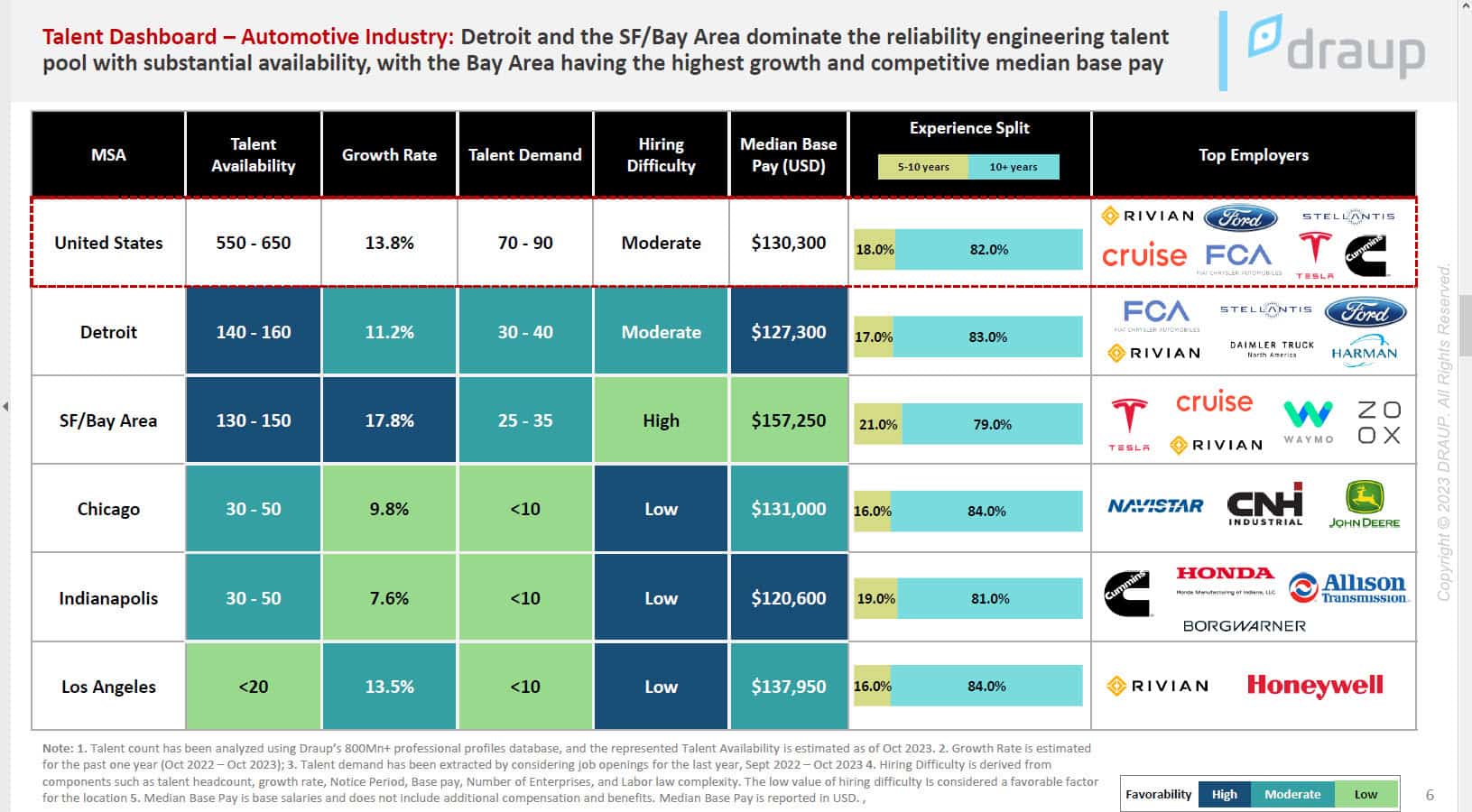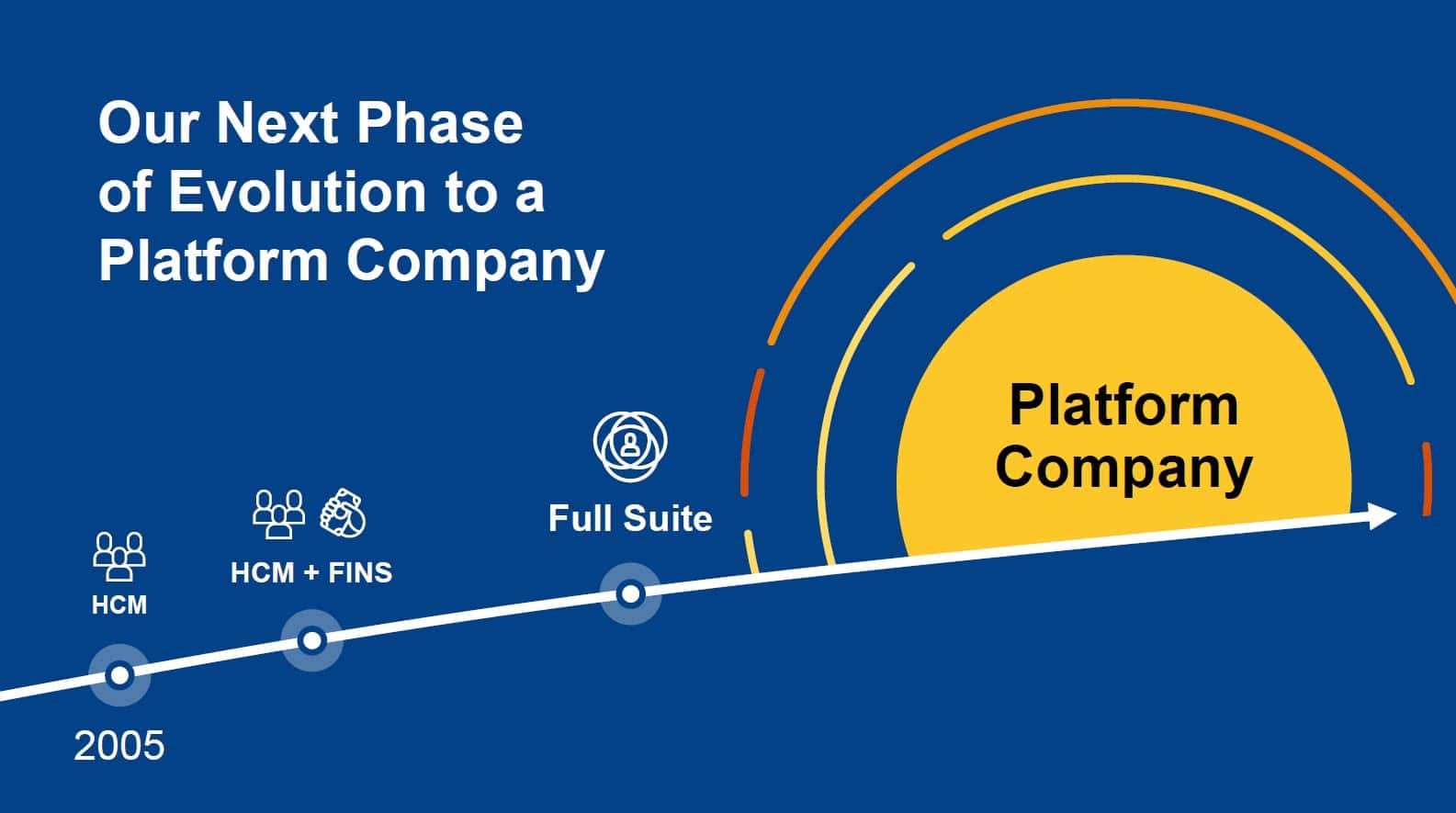20 Common Remote Job Scams in 2024
1. AI-Generated Job Postings and Fake Company Websites
2. Cryptocurrency Exchanges and Ponzi Schemes
3. Posing as a Legitimate Company or
Job Board4. Using Fake URLs, Photos, and Company Names
5. Gaining Access to Personal Financial Information
6. Recruitment Over Social Media
7. Posing as Recruiters with ATS-Compliant "Services"
8. Communicating Through Chat
9. Phishing Attacks Over Text Message
10. Google Docs Inviting or Mentioning
11. Paying for Remote Work Equipment
12. Data Entry
13. Pyramid Marketing
14. Stuffing Envelopes from Home
15. Wire Transfers
16. Unsolicited Job Offers
17. Online Reshipping
18. Rebate Processor
19. Assembling Crafts/Products
20. Career Advancement Grants
Notably, social media and technology advancements like AI have created new avenues for fraud. For example, one of the latest scams uses AI to create fake job postings and company profiles or websites that collect money directly from applicants and steal sensitive personal information. Scammers can also take to social media platforms to target potential victims and steal information with attractive job offers or involve them in multi-level marketing schemes.
In addition to sharing the
20 newest and most common remote job scams, FlexJobs' remote work experts have provided examples of job postings that demonstrate the language and presentations of scams. They stress the importance of knowing the latest warning signs of a scam in job descriptions, interviews, and across social media.
Job Scam Warning Signs: Job Descriptions
- The job posting uses words that are probably too good to be true, such as "quick money," "unlimited earning potential," or "free work-from-home jobs"
- The job claims to pay a lot of money for little work
- The company boasts several rags-to-riches stories that showcase high-flying lifestyles
- The job description is unusually vague
- The job posting mentions quick money or drastic income changes overnight
- The job posting has glaring grammatical or spelling errors
- The product is supposedly endorsed by celebrities or public figures
- The contact email address is personal (e.g., johnsmith3843@gmail.com) or one that mimics a real company's email address (e.g., johnsmith@dellcomputercompany.com)
- The job requires several up-front expenses from candidates
Job Scam Warning Signs: Interviews
- Candidates get a message from a generic company email address – Recruiters use the job board or social media platform to communicate with candidates instead of their personal email addresses.
- The interview is alarmingly short – Job scammers don't want to conduct lengthy interviews and will offer candidates the job immediately. Legitimate recruiters want to establish a relationship, verify applicants' work experience, and ask for references.
- The entire interview process is done without speaking to a live person – Not speaking to a live person or including text or online chat tools is a red flag. Most legitimate companies don't reach out to recruit via text unless a candidate already applied on the company's site and opted to receive text messages.
- The candidate is asked for personal information or money – Sensitive information (like a social security number, date of birth, or bank account information) should never be a part of the early recruitment process. Legitimate employers and hiring managers don't require an application fee or expect candidates to pay for training.
- The interview is with a "mystery company" – Legitimate employers will always disclose the name of the company to candidates.
- Candidates are offered the job quickly – Often with a job scam, candidates are offered the role without a recruiter or HR verifying their work experience or asking for references.
- Pay is based on recruiting – Particularly with pyramid and other scams, a worker's compensation is based on how many people they recruit.
Job Scam Warning Signs: Social Media
- Unclear or unrelated comments from a stranger – No matter what kind of post or which platform it appears on, if comments are enabled, scammers may appear in a job seeker's comments section. They commonly post a random message unrelated to the subject, then try to get users to directly message them (often by clicking a link) about an "amazing opportunity."
- Posts shared on an individual's feed or in their direct messages – Scammers will post or direct message people in hopes of getting them to take the bait on a job scam. When a scam appears on social media, report it. Never click any links or engage with these posts in any way.
While anyone can fall prey to job scams, there are a few other things workers can do to stay safe:
- Research the company and contacts – What results do you get when searching [Company Name] + scam? Workers can also use the Better Business Bureau's scam tracker to review companies.
- Connect directly with the company – Go directly to the company website and see if the job is posted on their jobs page.
- Report fraudulent activities immediately – If a scam has been found, report the scam to organizations like the BBB and FTC.
Please visit
https://www.flexjobs.com/blog/post/common-job-search-scams-how-to-protect-yourself-v2/ or contact
Shanna Briggs at shanna.briggs@bold.com for more information.
About FlexJobs
FlexJobs is the leading career service specializing in remote, hybrid, and flexible jobs, with over 135 million people having used its resources since 2007. FlexJobs provides the highest-quality database of vetted remote and flexible job listings, from entry-level to executive, startups to public companies, part-time to full-time. To support job seekers in all phases of their career journey, FlexJobs also offers extensive
expert advice,
webinars, and other resources. In parallel, FlexJobs works with leading companies to recruit quality remote talent and optimize their remote and flexible workplace. A trusted source for data, trends, and insight, FlexJobs has been cited extensively in top national outlets, including CNN, the Wall Street Journal, the
New York Times, CNBC, Forbes magazine, and many more. FlexJobs also has partner sites
Remote.co and
Job-Hunt.org to help round out its content and job search offerings. Follow FlexJobs on
LinkedIn,
Facebook,
Twitter,
Instagram,
TikTok, and
YouTube.






 扫一扫
添加客服
扫一扫
添加客服




